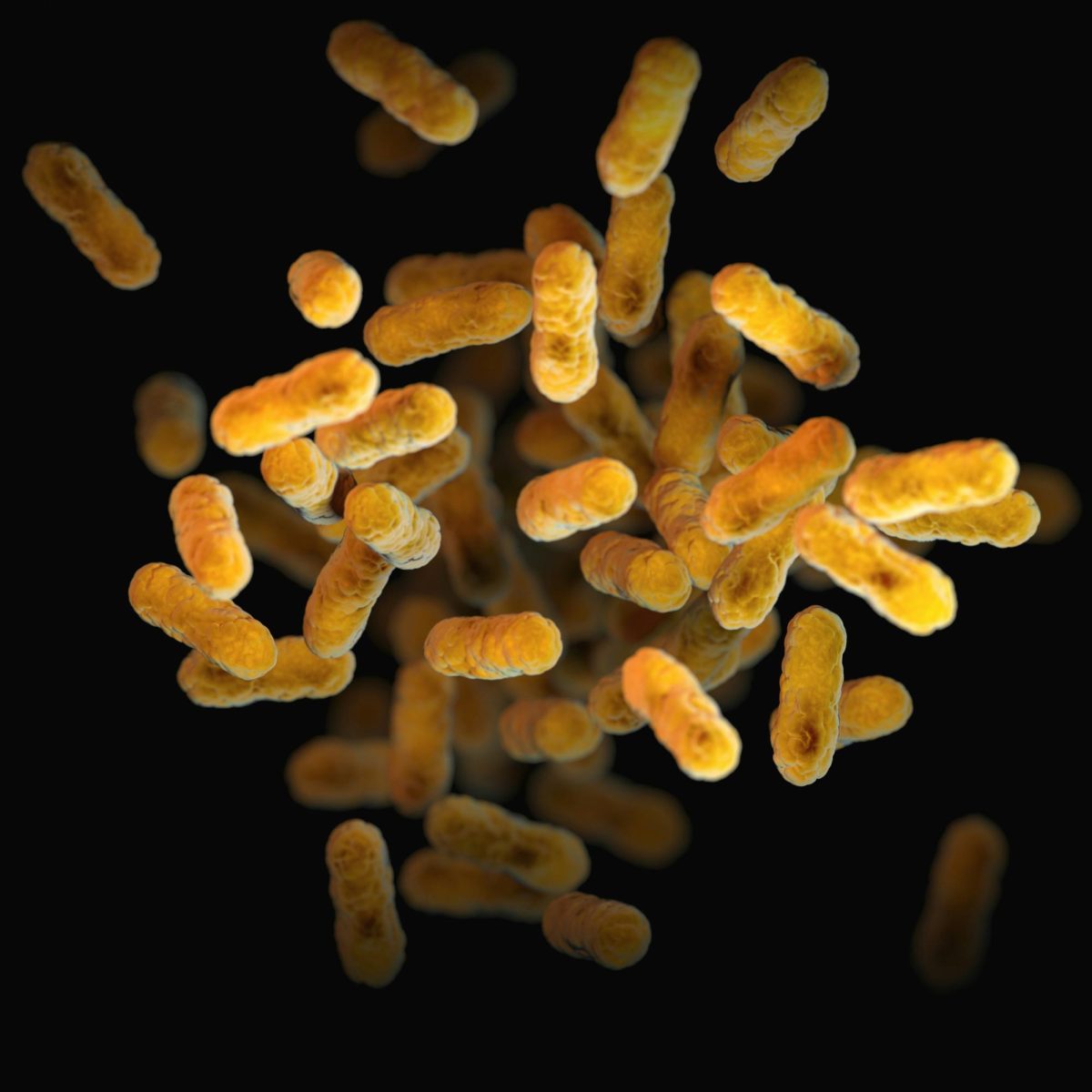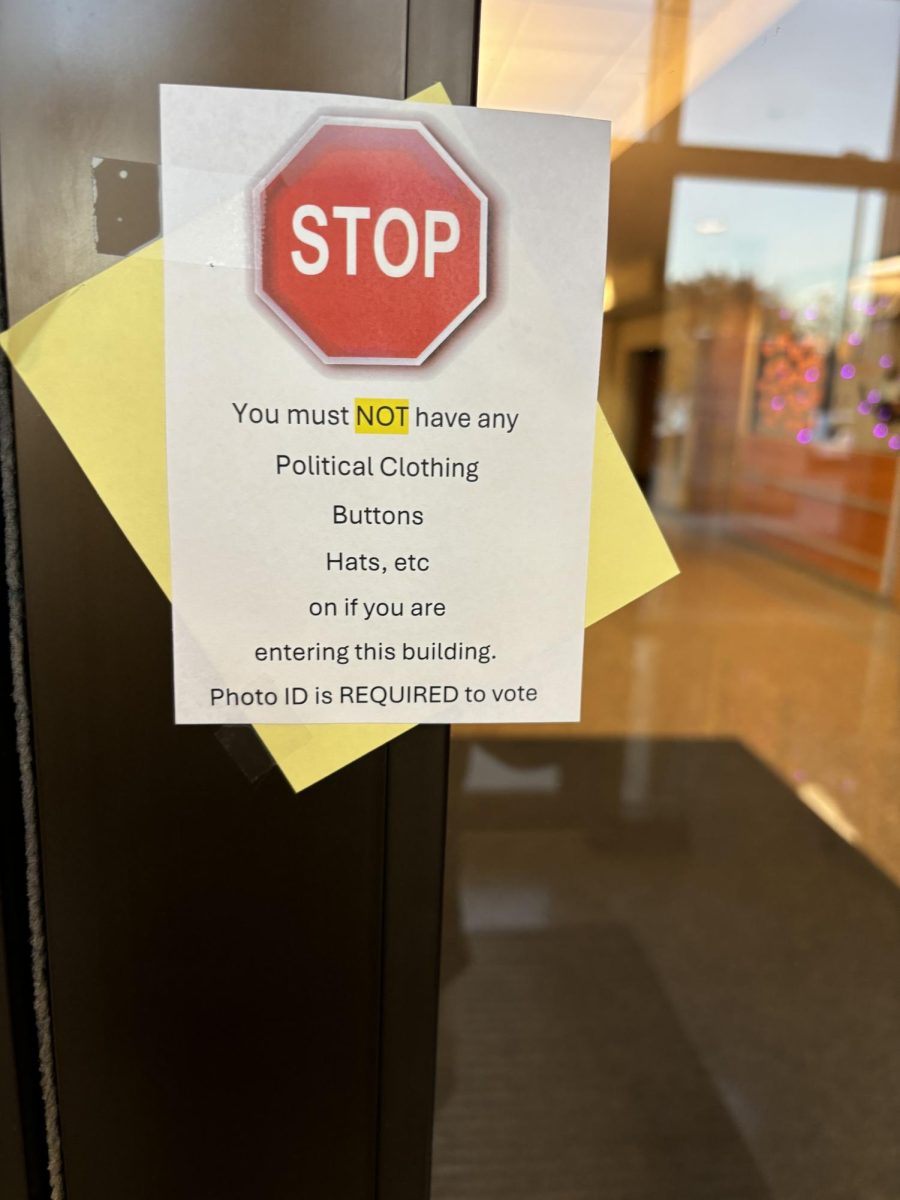Strict guidelines rule cheese product content
September 12, 2006
Jhaki Schneller
What do you think about when you buy a cheese product? Do you contemplate the percentage of water carefully measured so as to perfectly complement the amount of dry product? Or perhaps you question the cheese’s bacteria levels and hope proper temperature controls were followed. These are all possible pre-indulgent thoughts (especially at an agriculturally-centered university such as ours). But before most people eat cheese, they have one dominating thought: eating the cheese.
Perhaps we should grant the cheese a little more respect. The cheese must follow strict compositional guidelines.
“You can’t just go in and add a new ingredient” said Vikram Mistry, head of the SDSU Dairy Science Department.
Not just anything can be tossed together and granted cheese-hood. All cheeses have specific guidelines as to how much water and fat (among other ingredients) are allowed.
For example, cheddar cheese can only have 39 percent water and what is left as dry matter must be at least 50 percent fat. Any deviation of these figures and this cheese is not cheddar.
You might think that percentage policies and cheese standards are as senseless as the University Police Department. But just as the UPD exists to fearlessly grant us protection as students, cheese standards protect us as cheese lovers.
And, yes, there are parmesan police.
Inspectors randomly select and test cheese from factories and right off the shelves of Hy-Vee. There are international, federal and state standards for cheese. They can vary slightly, but state standards cannot be more lenient than federal standards, and any imported cheese must meet our federal standards.
Most violators unintentionally stray from the standards. There are some sneaky mozzarella makers and provolone producers that add too much water or unapproved fillers to generate more profit. After repeated failed inspections not due to accidental error, these violators can be fined and even serve jail time for their fraudulent feta.
Vikram said, “When you are in the business of making food products, you want the customers to come back … we target to be above the cheese standards.”
So you, as a consumer, can be assured that SDSU cheese not only meets cheese standards but also exceeds criteria for the best quality available.





















